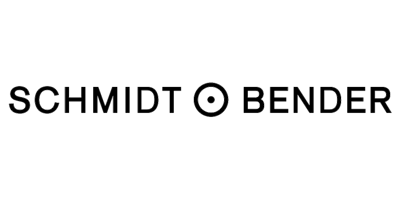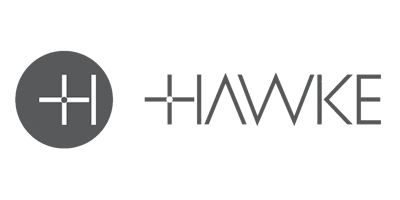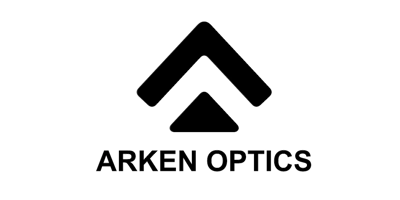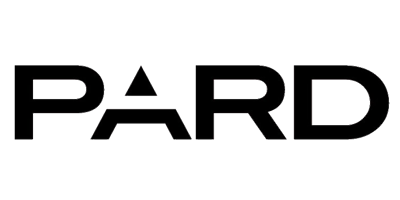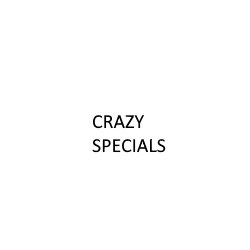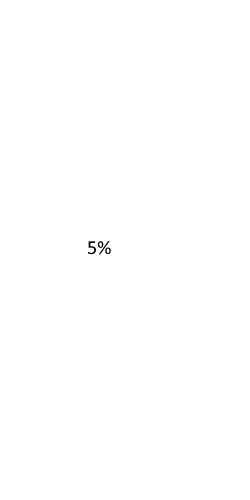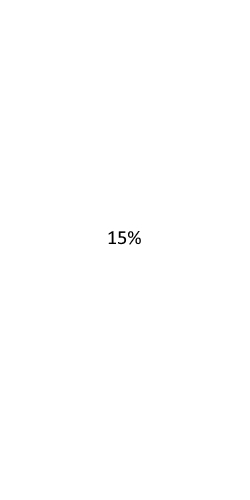Hunting is a widely varying practice and the hunter must be ready for anything. Most hunters opt for all-rounder Scopes to provide them with the best chance across a wide range of situations, whether this be up close multi-target Ratting to longer-range precision shots such as Rabbit or Crows. Each hunter looks for something particular in a Scope so we have come up with some key aspects you may want to consider.
1. MAGNIFICATION
For most hunting, you will want a Scope with a lower base magnification as most hunting is done below 6x. The reasons for this are that with a lower magnification the hunter will have a wider field of view (FOV) allowing them to see more of the target and the backdrop leading to safer shooting. Secondly, lower magnifications shows less wobble making it easier for the hunter to line up their shot.
All this being said that doesn't mean that you shouldn’t use your Scope's higher magnification. Higher magnification can be extremely useful, especially when trying to identify your prey from long distances or taking shots from further away.
For hunting, it is best to have a low base magnification such as 4x and then a higher magnification for whatever the hunter's preference is. (As a side note having a higher top magnification can mean that the scope is also good for target shooting such as a 4-20x magnification Scope.)
2. COST
When it comes to the cost of your Scope the old adage “you get what you pay for” comes to mind. We are often asked what the difference between an £800 Scope and a £200 Scope is. In short, the £800 Scope will be better built, have better glass, more precise adjustments, and better equipped to survive repeated use out in the elements.
It is well worth investing in a quality Scope as this can really take your hunting experience to the next level. Now, this doesn’t mean you must spend £800 on a Scope, however, you should look to buy the best quality Scope you can afford as when you are out in the field you need to know that you can rely on it.
3. PARALLAX ADJUSTMENT
Most hunters prefer to have an adjustable parallax as it allows you to have a clear image at most distances. For this, look at Scopes with either an adjustable objective (this tends to be on older models or more budget models) or those with a side focus.
Some hunters go with a fixed parallax Scope with the benefit being that there is nothing to adjust but the image will only be clear at a set distance, usually at 100yds.
4. OBJECTIVE SIZE
The objective of the Scope is the front lens. The diameter of this lens determines how much light is able to be let into the Scope. The bigger the objective lens the brighter the image. This does come at a compromise though as the image will be “flatter” meaning that the depth of field will suffer. The smaller the objective the better the depth of field but the less light let into the Scope.
Having a larger objective lens can help contribute to providing a brighter sight picture thanks to more light being let into the lens. If you are hunting at low light times of day then a bigger objective will be more noticeable than in bright daylight.
A good all-rounder objective lens size is 44mm however, most hunters tend to opt for 50mm or 56mm as they are trying to ensure the brightest sight picture possible.
5. OTHER EQUIPMENT
Most hunts take place at night or at low light times of day, which means most hunters attach Torches and/or Night Vision units to their Scopes. When choosing your Scope you will have to consider if you are going to use other equipment with it.
If you are using Night Vision with your Scope then you will have to make sure that the scope does not filter out the IR light. Usually, it is only higher-end £700+ Scopes that do this.
If you are going to be mounting things like Torches or recording equipment to your Scope then you will have to make sure that there is enough room along the tube to do this; taking into account the room taken up by the Mounts you use.
These are just a few things to consider when choosing your next hunting Scope to help you make the best choice and get what is right for you.
Finance is provided by Omni Capital Retail Finance Ltd which is a credit provider/lender. Optics Warehouse does not receive payment for introducing customers to Omni Capital Retail Finance. Omni Capital Retail Finance Ltd finance options are subject to individual status; terms and conditions apply. Omni Capital Retail Finance Ltd is registered in England and Wales with company number 7232938. Registered address: 10 Norwich Street, London, EC4A 1BD.
Authorised and regulated by the Financial Conduct Authority, Firm Reference Number: FCA0123456.



